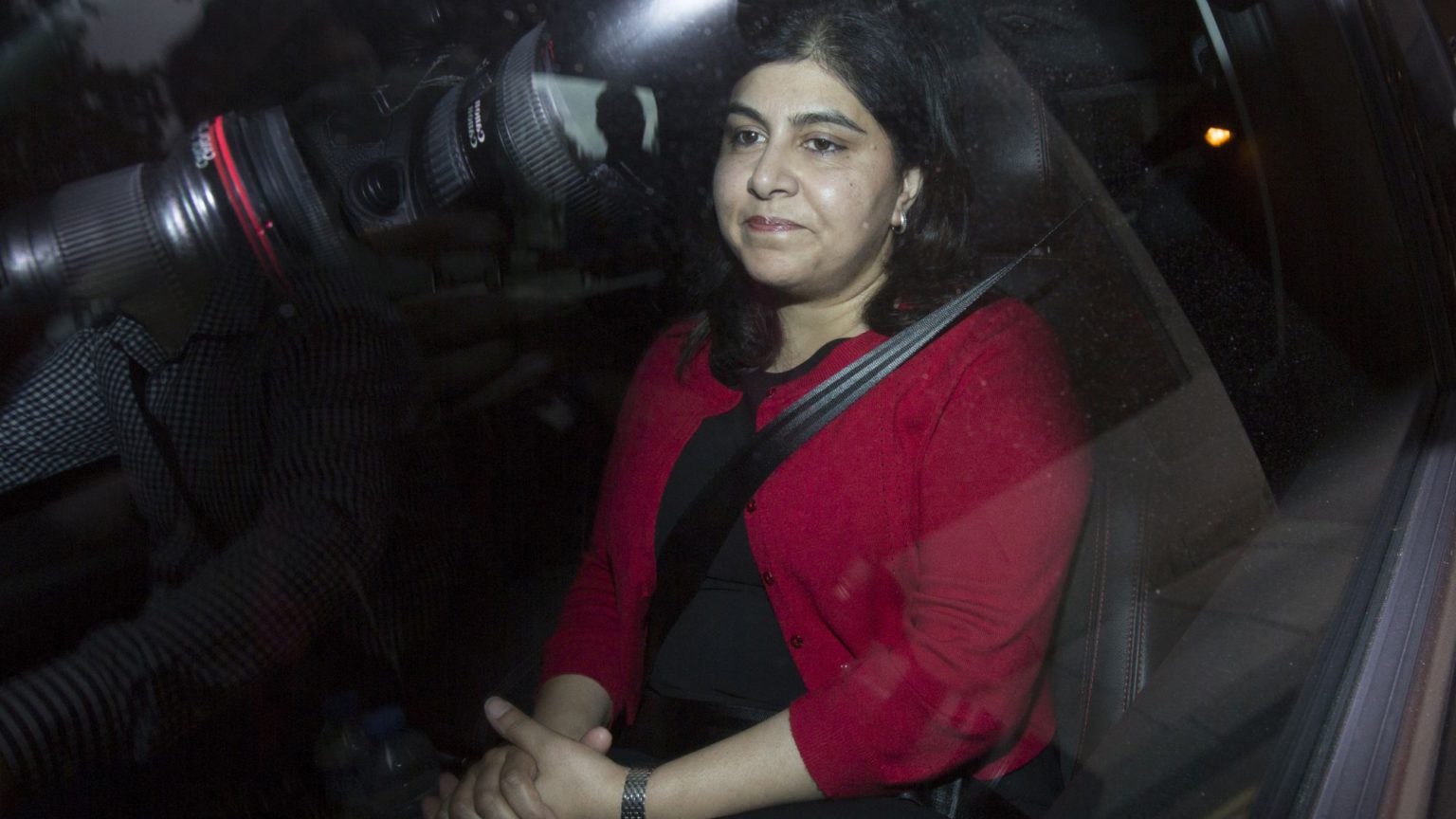Analysis: Far-Left's Response To Muslim Man's Killing And The Islamophobia Debate In France

Table of Contents
Condemnation and Calls for Action
Following the tragic event, prominent figures and organizations within the French far-left swiftly condemned the killing. Their statements overwhelmingly expressed sorrow for the victim and his family, highlighting the brutality of the act. Many issued immediate calls for thorough investigations into the circumstances surrounding the death, emphasizing the urgent need to determine whether Islamophobic motives played a role.
- Examples: Several prominent far-left politicians demanded immediate and transparent investigations, citing concerns about potential hate crimes against Muslims. Organizations like [insert example organization names] released statements condemning the violence and calling for increased police protection for Muslim communities across France.
- Rhetoric: While the initial responses focused on condemning the violence against the individual, many far-left voices also quickly broadened their critiques to address systemic issues. Statements frequently linked the incident to broader concerns about rising Islamophobia in France, referencing pre-existing societal biases and discriminatory practices.
- Effectiveness: The effectiveness of these calls for action remains to be seen. While some investigations were launched, the long-term impact on preventing future acts of violence and addressing systemic Islamophobia requires further observation and analysis. The effectiveness of their calls will depend on the transparency and thoroughness of the investigations and any subsequent policy changes.
Internal Divisions within the Far-Left
Despite a unified condemnation of the killing, internal divisions within the French far-left are evident in their approaches to addressing the underlying issues. These disagreements highlight the complexities of navigating anti-racism and anti-Islamophobia simultaneously within the French political landscape.
- Differing Priorities: Some factions prioritized combating broader anti-Muslim sentiment and Islamophobia, arguing that this is a fundamental human rights issue. Others focused more on their existing anti-racist platforms, seeing Islamophobia as a subset of broader inequalities.
- Secularism Debates: The concept of laïcité (secularism) continues to be a highly sensitive issue in France. Disagreements exist on how to balance the principle of secularism with the need to protect religious minorities from discrimination and hate crimes.
- Individual vs. Community: Debates arose concerning the balance between protecting individual rights and addressing the needs of the broader Muslim community. Some focused on individual justice for the victim, while others highlighted the vulnerability and systematic targeting of the Muslim community. These internal conflicts significantly affect the far-left's collective response and impact on the national conversation.
Accusations of Instrumentalization
The far-left's response hasn't been without criticism. Some accuse certain groups of exploiting the tragedy for political gain, suggesting their statements were timed to advance specific agendas.
- Concerns about Timing: Critics point to the timing of some statements, suggesting they were released to maximize media attention and influence public opinion in favor of particular policy proposals.
- Agenda-Driven Rhetoric: Certain statements were analyzed for potential bias, with some suggesting they overemphasized specific aspects to serve pre-existing narratives within the far-left.
- Counterarguments: Counterarguments emphasize the importance of raising awareness about Islamophobia and using tragedies as opportunities to advocate for policy changes to protect vulnerable communities. The intention is to foster open dialogue to confront these systemic issues, not exploit the tragedy.
The Broader Context of Islamophobia in France
Understanding the far-left's response requires considering the broader context of Islamophobia in France. This involves examining historical factors, discriminatory legislation (or lack thereof), and ongoing societal tensions.
- Historical Context: France has a complex history regarding the integration of Muslim communities, marked by periods of both tolerance and intolerance.
- Relevant Legislation: Existing legislation, while intended to promote secularism, has been criticized for inadvertently contributing to the marginalization of Muslims.
- Societal Tensions: Persistent societal tensions, fueled by anxieties about immigration, national identity, and security concerns, contribute to the climate of Islamophobia.
- Hate Crime Statistics: Statistics on hate crimes against Muslims in France reveal a disturbing trend of rising incidents, indicating a need for effective countermeasures. The far-left's engagement with these pre-existing tensions and societal debates is crucial to understand their approach to the recent killing.
Comparing Responses to Other Similar Incidents
Analyzing the far-left's response to this killing compared to their responses to past incidents involving violence against Muslims is crucial. Identifying any patterns or inconsistencies will help assess the consistency and effectiveness of their approach.
- Past Incidents: Examining the far-left's statements and actions following previous attacks or instances of discrimination against Muslims allows for a comparative analysis of their responses.
- Rhetoric and Calls to Action: Comparing the rhetoric and calls for action across different incidents reveals any potential inconsistencies or shifts in their approach.
- Implications of Inconsistencies: Any inconsistencies may raise questions about the motivations behind their responses, highlighting the need for a deeper analysis of their strategies and goals.
Conclusion
The far-left's response to the killing of a Muslim man in France presents a complex picture. While there was widespread condemnation, internal divisions and accusations of political instrumentalization highlight the challenges of addressing Islamophobia within the broader context of French society. Understanding the nuances within the far-left's response is crucial for navigating the ongoing debate about Islamophobia in France. Further research is needed to analyze the effectiveness of their actions and their long-term impact on public discourse. To contribute to a more informed conversation, continue exploring analyses of the far-left's response to similar events and actively engage in critical discussions on Islamophobia in France.

Featured Posts
-
 Cycle News Magazine 2025 Issue 17 In Depth Coverage Of Cycling Events And Innovations
May 31, 2025
Cycle News Magazine 2025 Issue 17 In Depth Coverage Of Cycling Events And Innovations
May 31, 2025 -
 Munguia Surace Ii Domination And A Lack Of Evolution
May 31, 2025
Munguia Surace Ii Domination And A Lack Of Evolution
May 31, 2025 -
 Fda Grants Fast Track Designation To Sanofis Chlamydia Vaccine
May 31, 2025
Fda Grants Fast Track Designation To Sanofis Chlamydia Vaccine
May 31, 2025 -
 Decouvrir La Vie Et L Uvre D Arnarulunguaq Pionniere Inuit
May 31, 2025
Decouvrir La Vie Et L Uvre D Arnarulunguaq Pionniere Inuit
May 31, 2025 -
 Confirmed Chase Sexton Missing Hangtown Pro Motocross
May 31, 2025
Confirmed Chase Sexton Missing Hangtown Pro Motocross
May 31, 2025
